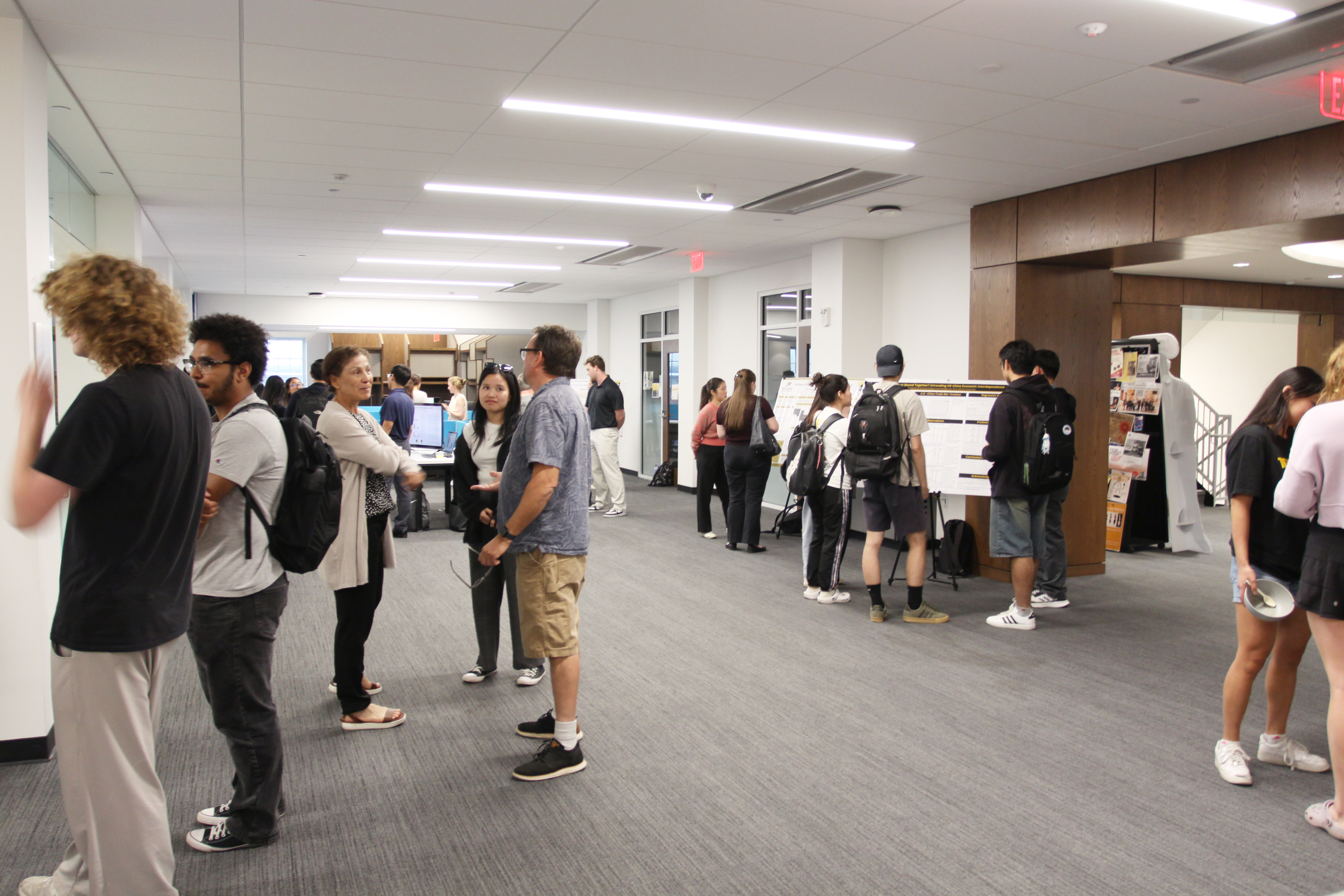Document Type
Article
Publication Date
5-2017
Abstract
In the present day, it is easy to imagine the tried-and-true simplicity of the current formula for piano recitals as something that must have always existed. A piano recital is expected to cover specific styles, genres, and composers, with a predictable framework to tie everything together. However, history reveals a wider and more varied offering of pieces, composers, and performers that could be presented in any configuration on a recital. This variety constitutes nearly half the history of the piano recital, but is not well known today. In the present directive of looking to the future for something new as twenty-first century musicians, one could also look into the past to see the variety in which music existed as a serious art and entertainment simultaneously. Additionally, knowledge on this matter may grant more presence in actively shaping the piano canon of the future once trends from the past have been identified and understood.
The history of changes in piano recitals can be investigated using sources from DePauw because of the numerous performances given by guest pianists. The recital programs have been preserved by the DePauw Archives and Special Collections, making this project possible. This paper will examine change in piano recitals from the end of the nineteenth century to 2014, specifically by examining the collected programs of professional visiting pianists at DePauw and observing how they fit into literature on the subject. By analyzing these programs in the context of existing literature, recitals at DePauw will be used to reflect the establishment, consolidation, and reduction of the piano canon as well as changes in the structure of the solo piano recital. Such a study also sheds light on the possible ways the solo piano recital might evolve in the near future to present a wider range of works outside of the established canon of accepted “masterworks” and draw new audiences to classical music.
Recommended Citation
Heaton, Eric, "Changing Musical Canon in DePauw Piano Recitals" (2017). Student Research. 19, Scholarly and Creative Work from DePauw University.
https://scholarship.depauw.edu/studentresearchother/19



Comments
Clifton J. Phillips Archives Research Award winner.